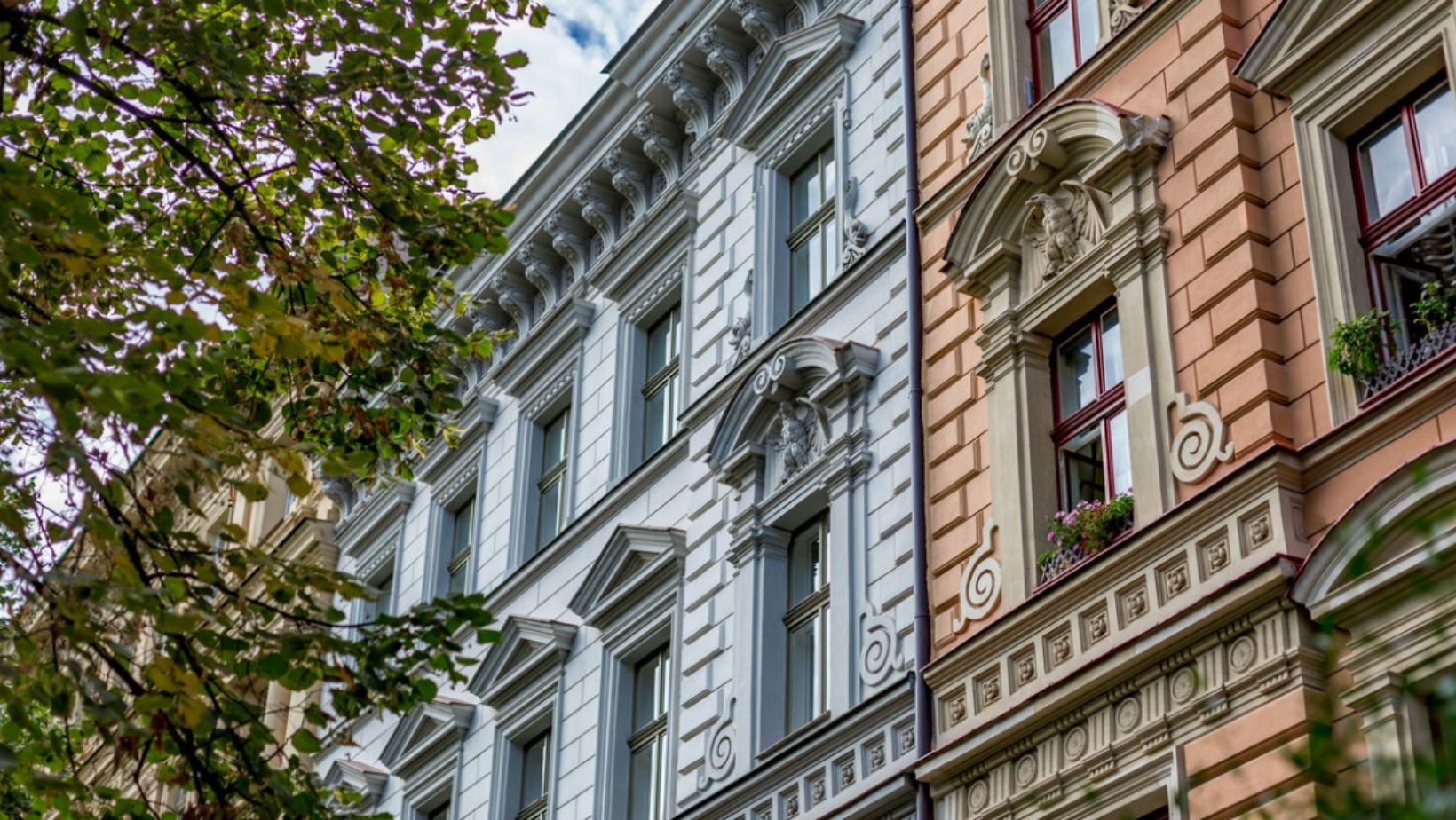Prague is seeing a surge in Airbnb prices, prompting the government to plan new regulations.
This year, tourists are expected to return to the Czech Republic in droves, with many using short-term rental platforms for their accommodation. This is confirmed by data from Seven Keys, a company managing 85 apartments in central Prague for Airbnb rentals.
“Thanks to the high seasonal demand, we were able to raise prices by about 25%. We also had to increase cleaning fees due to rising costs,” says Zuzana Benešová, founder of Seven Keys.
Despite the price hikes, tourists remain undeterred. “Over the past two years, we’ve reached 80% occupancy in April and May, which is 20% higher than pre-pandemic levels,” Benešová says. “Bookings for spring and summer are already strong, suggesting this will be our peak season since the pandemic.”
Market Analysis Shows Price Rise
Published statistics by AirDNA, a market research firm, confirm the rising cost of vacation rentals on short-term accommodation platforms.
According to their data, the average daily rate in Prague alone has increased by about a third over the past two years. In April 2022, the average daily price for accommodation in Prague was CZK 2,500. This April, the average daily rate has already climbed to CZK 3,200. This translates to an annual revenue increase of roughly CZK 250,000 per average rental property.
However, Gosia Kacprzyková, Airbnb’s Public Policy Manager for Central and Eastern Europe, suggests a shift in travel trends post-pandemic, with tourists favoring less crowded destinations.
“We’ve seen a significant increase in stays outside traditional city centers,” Kacprzyková told SZ Byznys. “Airbnb is expanding from Prague to other regions in the Czech Republic.”
AirDNA data shows the largest year-on-year growth in the number of listings occurring in Brno, where supply increased by 46% to 562 units. Vacation rental availability also saw significant growth (tens of percent) in Karlovy Vary, Špindlerův Mlýn, and Ostrava.
Prague Landlords Rejoin the Market
Following the pandemic’s significant impact on the sector due to travel restrictions, more landlords in Prague are showing renewed interest. According to a study by the Prague Institute of Planning and Development (IPR), around 8,000 apartments were offered in the capital last year, with 70% actively listed. These apartments could accommodate over 21,000 guests per day.
While the number of listings offered through rental platforms has grown since the pandemic’s end, it still falls short of pre-pandemic levels. The IPR study attributes this “slowed by the shift” to some units transitioning to long-term rentals during the pandemic. However, they expect supply to eventually return to pre-pandemic levels.
The study also reveals that the availability of apartments rented through Airbnb remains concentrated in the historic center, where over 80% of listings are located.
Local Concerns and Regulations
Short-term rentals, particularly in the city center, have long been criticized by residents, districts, and the city council. They argue that a high proportion of residential buildings are being converted into de facto hotels. This, critics say, disrupts the quality of life for permanent residents and disrupts the tranquility of apartment buildings.
Furthermore, the state and individual cities lack sufficient information regarding subletting through short-term rental platforms. This makes it difficult to oversee the business activities of individual landlords. Petr Městecký, an expert consultant on vacation rentals, highlights that income from such rentals can be three to five times higher than traditional long-term rentals.
A New Regulatory Effort
The Czech Republic is preparing another attempt to regulate short-term rentals. This time, they will leverage a European regulation introduced by the European Commission at the end of last year to improve the provider registration system.
“The adaptation will not only be part of the Czech amendment to the Tourism Act but will also gradually unify short-term accommodation regulations across the EU,” says Veronika Hešíková, spokesperson for the Ministry of Regional Development (MMR).
According to the regulation, each published offer will include a registration number for each vacation rental unit, allocated by the MMR through a newly developed electronic system.
“Online platforms will provide regular information to the system,” adds an MMR spokesperson. “This will provide the state with data on the location and extent of short-term rentals.”
Would you like us to write about your business? Find out more
-
NEWSLETTER
Subscribe for our daily news




